
GENRE: Humor
BLURB:
What college girl doesn’t dream of meeting Mr. Darcy? Lizzie was certainly no exception. But when Darcy Fitzwilliam comes into her life, he turns out to be every bit as aggravating as Elizabeth Bennett’s Fitzwilliam Darcy. So what’s a modern girl to do?
Jeanette Watts’ satire pokes loving fun at Jane and all of us who worship the characters who shall forever be our romantic ideals.
JEANETTE WATTS WILL BE GIVING AWAY a doll dressed in Regency clothing, handcrafted by the author (International Giveaway) to a randomly drawn winner via rafflecopter during the tour: http://www.rafflecopter.com/rafl/display/28e4345f2418/.
For a better chance at winning this doll, be sure to follow the tour and comment. The more you comment, the better your chances of winning. The tour dates can be found here: http://goddessfishpromotions.blogspot.com/2017/08/vbt-jane-austen-lied-to-me-by-jeanette.html
INTERVIEW WITH JEANETTE WATTS:
- How do you come up with book titles?

It’s a fairly logical process for me. My first book, Wealth and Privilege, the title is inspired by Jane Austen’s Pride and Prejudice. I like the title, it just flows off the tongue. As to why I picked wealth and privilege? It’s two things that people want, right? The story itself is about how having both wealth and privilege does not necessarily guarantee happiness. So my second book, Brains and Beauty, is a sequel to my first novel. The title had to reflect the first one. As for my new novel, Jane Austen Lied to Me, I think the title came first. I was thinking about how much fun it is to be a Janeite, but what would happen if it didn’t go right?
- What have people most liked or found most meaningful/funny/creative/ challenging about your book?
Well, Jane Austen Lied to Me is brand-new, the only feedback I have is from editors who were giving me their recommendations. The heroine has gone through a lot of changes over the many, many rewrites. The first readers I showed it to loved the concept, and were amused by the ending, but because it was a satire, the heroine could be a little too difficult to like. I had to soften her, and show people more of her redeeming features. It amused me quite a bit, since I know that Jane Austen herself, when writing Emma, had said she wanted to write a heroine that only she could love. Hopefully my heroine succeeds in being equally lovable.
- Why do you write?
I am a storyteller. I have no choice in the matter. When I write pamphlets, I find a way to tell a story. I am a dance choreographer, I prefer choreographing for groups because it’s easier to tell stories. And my choreographies almost always tell a story.
When my brain spawns another character, or another story, that character or story gives me no peace until it is out on paper. I’ve heard so many people say they don’t like writing, writing is hard. Writing for me is a joy. I love words. But more immediately, it feels good to get the characters and stories written down. Once I do, I get to sleep at night. Until the next character or story starts banging at the inside of my brain…
- Where do your characters come from?
They are all me. Every single character, even bit players, even the villains, are all part of me. The villains tend to reflect the things that irritate me. I do not like whining or complaining, my villains tend to be whiners and complainers, like Josie. (You’ll see, she’s awful!) A peripheral character, like the girl in the coffee shop with the blue and purple hair, or Michael’s friend Matt, are portraits of my friends. Most of the characters in Jane Austen Lied to Me are members of my dance troupes. Sometimes I scramble the names and the characteristics – Jen isn’t really bossy like that. The real-life Ken’s last name is not Garvin. But I have another friend (also a dancer) whose last name is Garvin…
- What does your writing space look like? Like do you have a crazy mess of a desk full of notes and post-its? Or is it a quaint chair at a coffee shop?
I can write almost anywhere. Most of it is done at my desk, surrounded by post-it notes. There’s a portrait of Mary Sidney Herbert, Countess of Pembroke watching over me. She was essentially a writing teacher in Queen Elizabeth I’s day. I like going on writing retreats in pretty places – a week at a cottage in Canada, or a cabin in a national forest, or a little BnB on the beach does wonders for my ability to get in some quality time with my current project. I’ve written while sitting at my sewing machine; I will write until I need to think, then I sew and think, then go back to writing.
- What genres do you work in?
Thank you for asking that question in the plural! There is all kinds of advice for writers out there saying we should only write in one genre, to build a brand, and a loyal readership. But my brain doesn’t work that way. I admire Philippa Gregory’s ability to concentrate on only one narrow time period in history. But I can’t do that. My first historic fiction novels are set in the Industrial Revolution in America. I have a half-finished novel set 200 years earlier in England. The next book I want to do is set just after the turn of the 20th century. Meanwhile, I have published a textbook on waltzing, and I have a couple of children’s books I’d like to write.
- If you didn’t write, what would you do with that time? Do you feel compelled to write or choose to?
Like I said earlier, I have no choice. I have to be a writer, or those stories would be pounding around inside my brain with no way out. I still manage to be a dance instructor, and a costumer, and a Renaissance Festival actress, and a museum theatre assistant at the local history museum, and run several dance companies. It’s just a matter of making sure everything gets a turn. Sometimes I have to dictate chapters in the car while I’m driving, but things do get done.
- What’s the hardest part of writing or publishing?
The marketing! Once the story is written, and polished over and over until it shines and it’s ready for readers to see it, now the real work begins. You can have the most engaging story in the world, but readers have to find out that it’s there. Marketing needs to be constant. I have had more face to face encounters with people who bought my book because we had a conversation in a grocery store line, and it turned out we were both from Pittsburgh. I will be on a spree where I’m very good about my webpage, and Twitter, and Facebook, and then I stop posting for months at a time. Which is NOT a good thing. Getting momentum when you start from zero is hard.
- Who is your favorite character from your book(s)?
Lon the Floor Nerd. There really was one, by the way. Freshman year in the dorms. The real life one wasn’t as sweet as the character in my book, but if I recall correctly he had very nice shoulders. My fictional Lon is the cognate of Captain Wentworth from Persuasion; he is one of my favorite Jane Austen characters. So I can’t help but love him.
- Do you neglect personal hygiene or housekeeping to write? Or vice versa?
Absolutely! A writer has a choice. Either the writing gets done, or the laundry. For years, I was making the wrong choice. The laundry was getting done, and the writing wasn’t. I made a New Year’s pact with a good friend of mine, and she helped me adjust my priorities. She would call me up EVERY single day, with one question: “Have you worked on your book yet?” If I answered no, I had to listen to myself explain WHY I hadn’t done any writing in the 24 hours since she called me with that same question. It helped me focus – if it was 2:00 in the afternoon and I hadn’t done any writing, I would let the lawn mowing go for another day, so that when she called and asked her question, I could say yes, instead of no.
- What’s the underlying message of your writing? The non-fiction description.
Something along the lines of Shakespeare’s “What a piece of work is man” speech. I love people. I know people, and I can be a cynical observer of human nature, but at the end of the day, I adore people.
- What writing mistakes do you find yourself making most often?
It’s the word “just.” It’s a great little modifier that says almost nothing…and I use it to death in my first drafts. “She just picked up the book and…” “I’m just looking…” “Don’t beat around the bush, just tell me the truth.” I will find it multiple times in a single paragraph, much less on a single page. It irritates the hell out of me. I don’t edit while I write: I learned from my college professors to simply write everything down, and go back to edit later, after it’s all on paper. Rewriting is easier than writing. So I don’t even try to be aware of the 22 “justs” on a single page. It’s absolutely horrifying. Fortunately, they’re easy to delete when I start the editing process.
- Do you travel to research your book(s)?
Whenever I can! I love to travel. Sadly, Jane Austen Lied to Me could be set on any college campus in America, so I didn’t have to do any traveling. I should really think about setting my next book someplace exotic. I’ve always wanted to go to Machu Picchu.
Excerpt from Jane Austen Lied to Me by Jeanette Watts
I’ve been thinking about my conversation with Professor Jacobson over and over. The thing about formulas and people. It makes a certain kind of sense, but does it lack a romantic sensibility?
Ha! Sense and Sensibility!
This is the second time that Professor Jacobson has me thinking about S&S. Well, if I’m no Lizzie Bennett, there are worse things in life than being a Marianne Dashwood. She had youth and beauty and high spirits. She wasn’t good at the dating thing, either, and overlooked the better man at first. Why was that? Did Colonel Brandon seem unromantic at first impression?
Even though I’ve got an assignment due in Spanish, as well as the inevitable calc and chem homework, I grabbed Sense and Sensibility to take with me to read while I went to dinner. I wanted to read everything in the book about Colonel Brandon.
Anne spotted me in the dining hall while I was halfway through a tuna sandwich and a really big pile of potato chips. “Hey, Roomie.” She slid her cafeteria tray onto the table across from me and plopped her book bag down beside it. “You having a really bad day?”
“Um, no I don’t think so, why?” I asked.
“Usually, if you’re having a bad day, you pick up Jane Austen and read a little something before you start to study. Since instead of sitting here doing your homework, you’re sitting here reading Jane Austen, I take it you had an exceptionally bad day today.”
AUTHOR Bio and Links:
Jeanette Watts had been writing historic fiction when the inspiration for Jane Austen Lied to Me hit her on the drive home from the Jane Austen Festival. The idea was simply irresistible, and she put aside other writing projects in order to focus on writing a satire, thinking it would be a “mental vacation.” It turned out to take every bit as much research to write a modern story as it does to write a historical one.
She has written television commercials, marketing newspapers, stage melodramas, four screenplays, three novels, and a textbook on waltzing. When she isn’t writing, she teaches social ballroom dances, refinishes various parts of her house, and sews historical costumes and dance costumes for her Cancan troupe.
Links:
Webpage: http://www.JeanetteWatts.com
Facebook: https://www.facebook.com/jeanette.watts.94
https://www.facebook.com/Jane-Austen-Lied-to-Me-342613389485243/
Twitter: @JeanetteAWatts
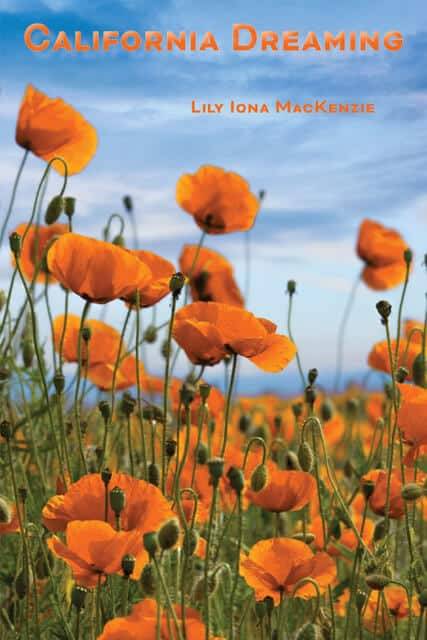
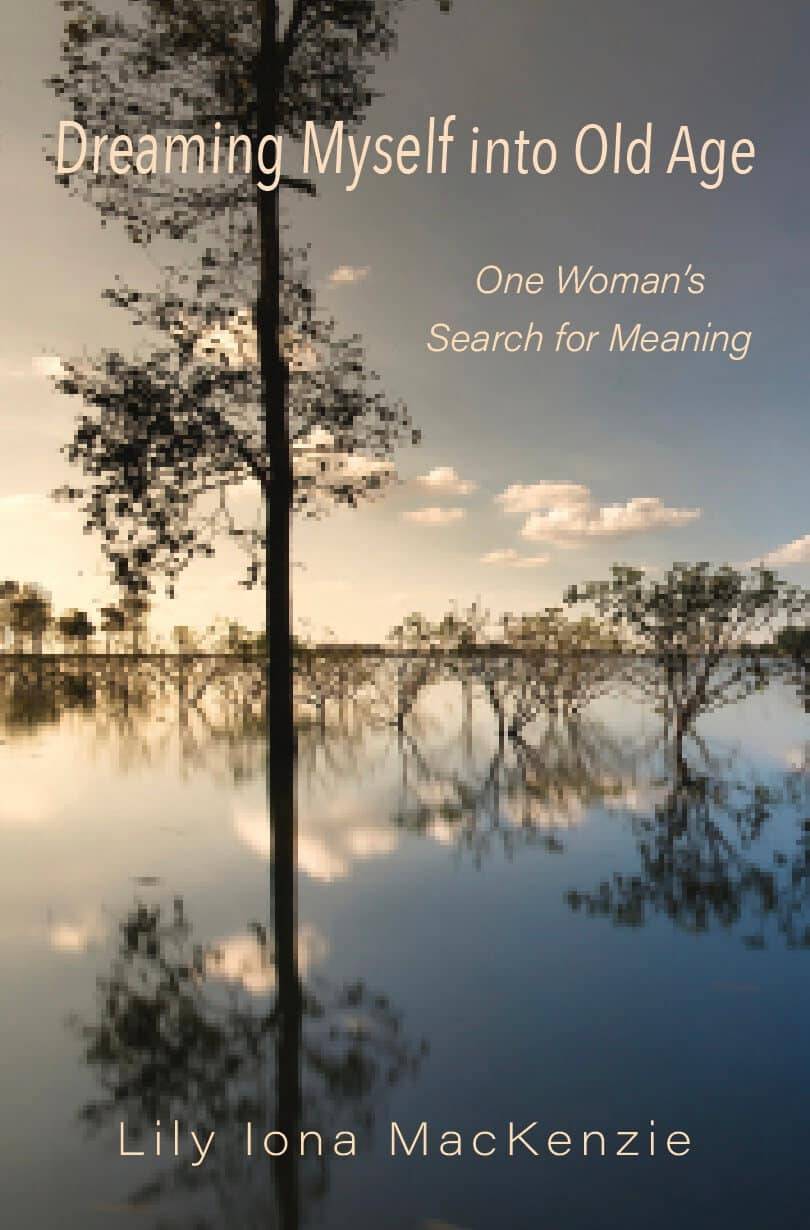


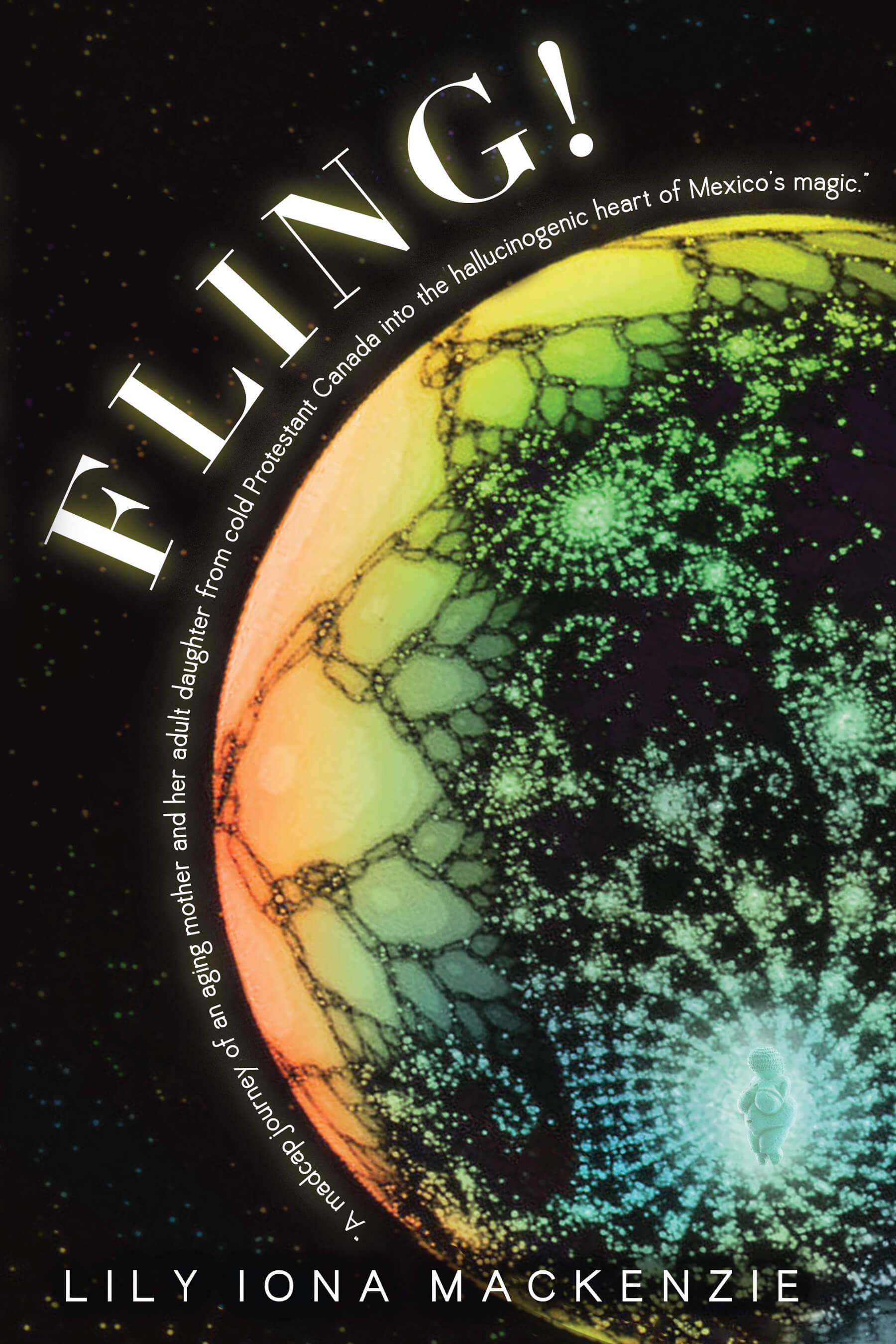
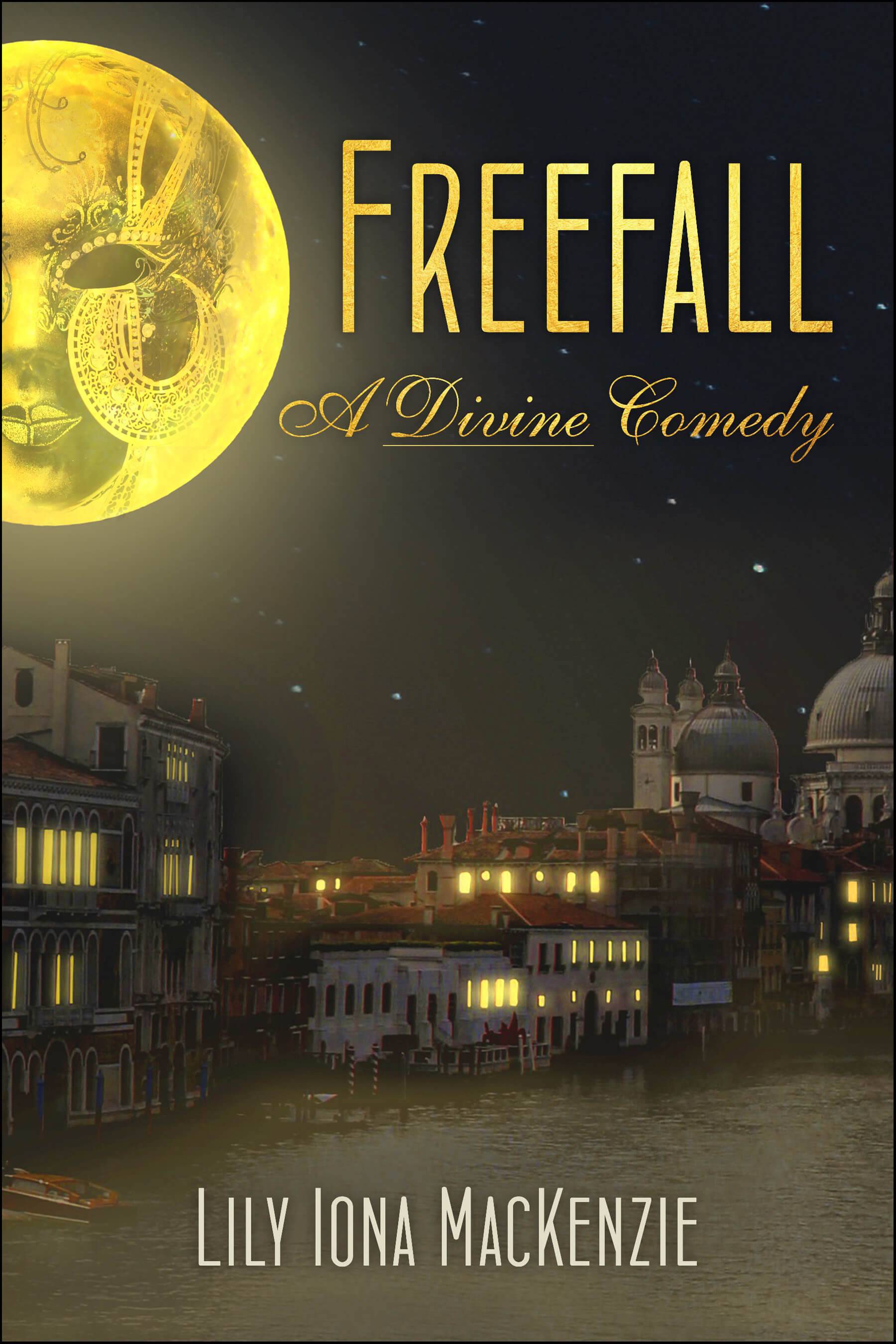




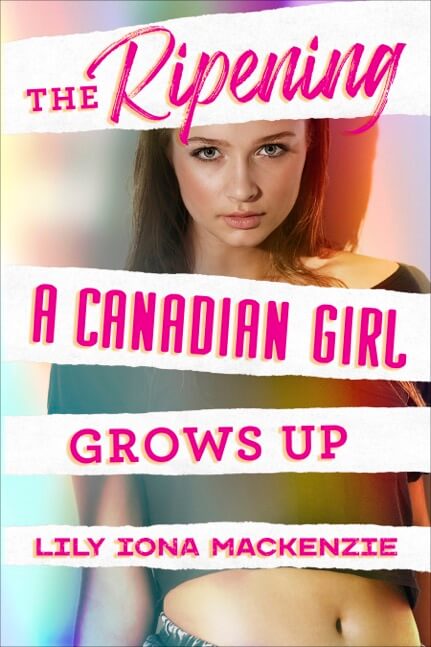

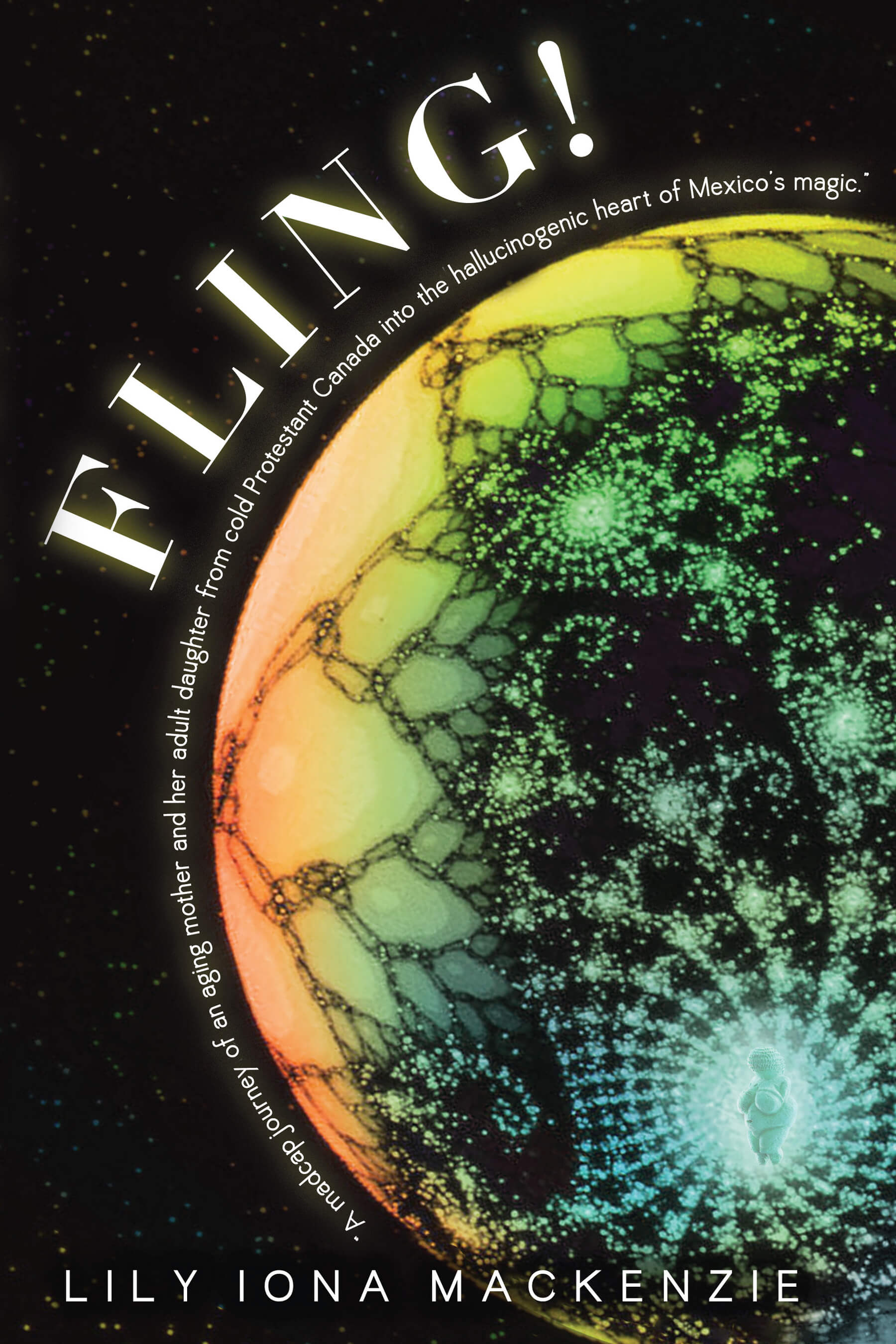
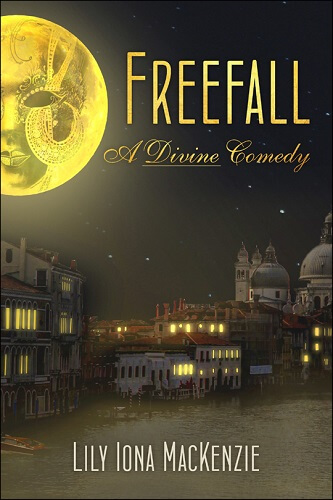
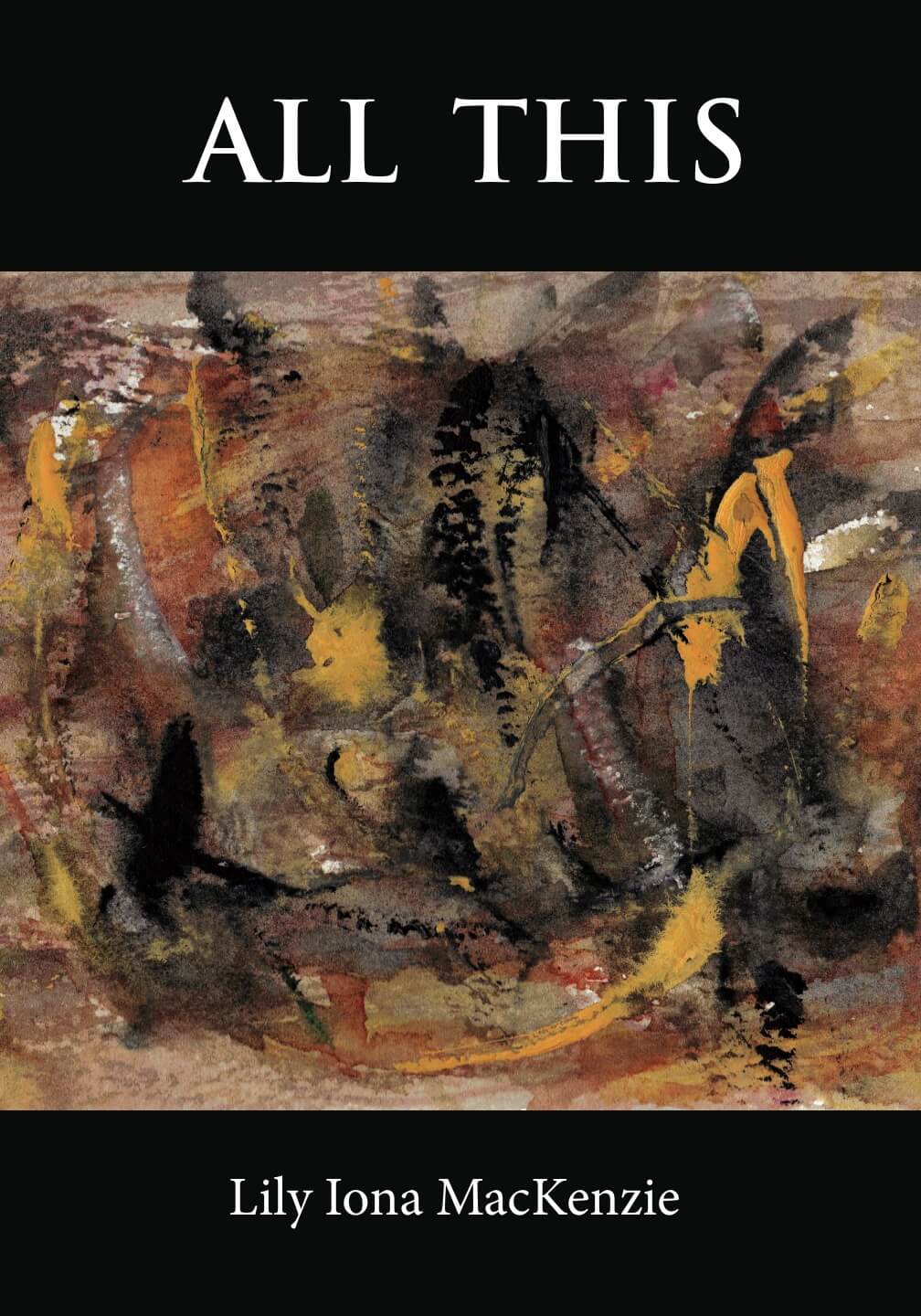









One thought on “An interview with Jeanette Watts, author of JANE AUSTEN LIED TO ME: HOW COULD MY HERO BE SO WRONG?”
Thanks for hosting!